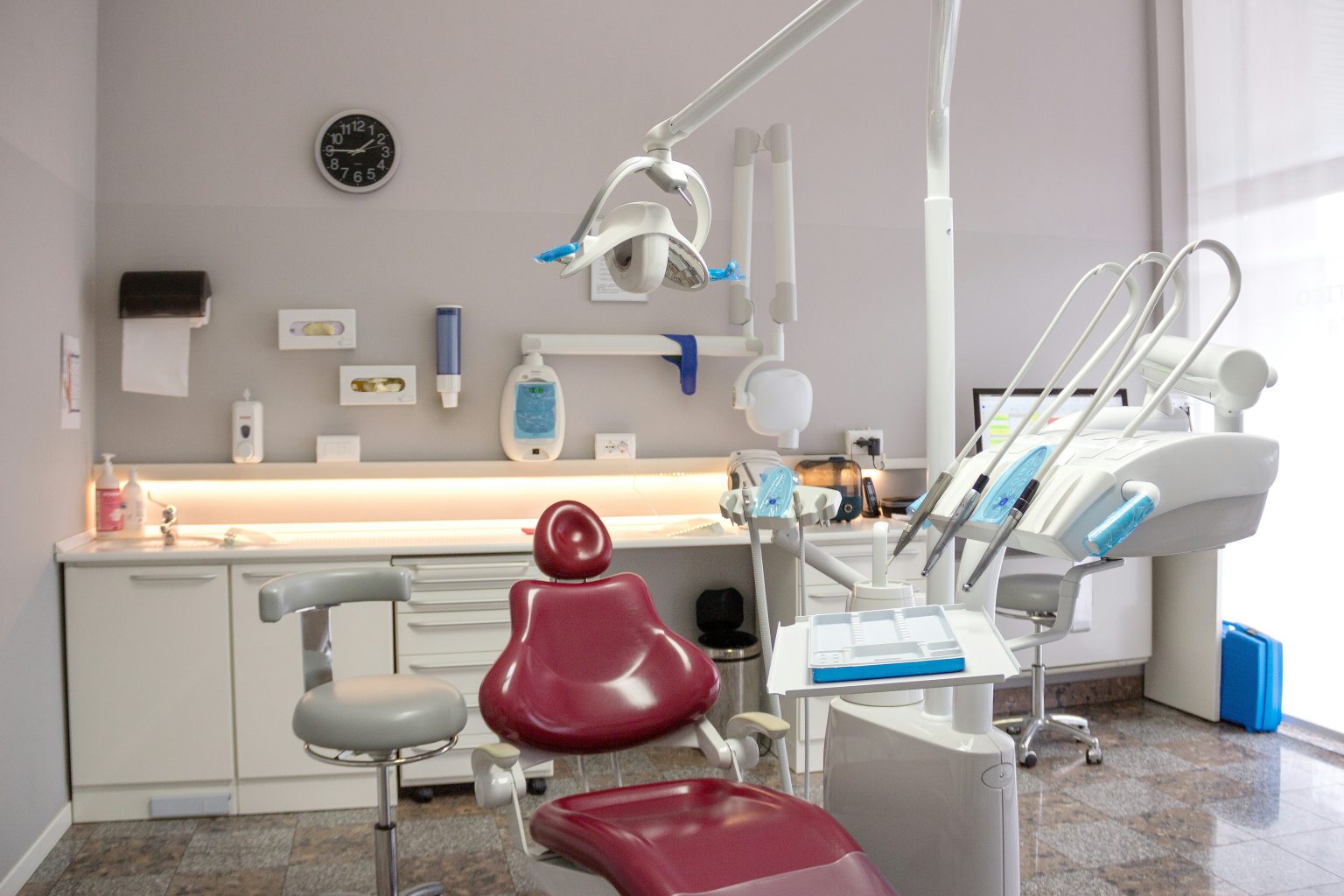In a world where job security can be uncertain, the healthcare industry continues to grow at a steady pace. Among its many career paths, becoming a dental assistant stands out as one of the most accessible and rewarding options. Dental assistants are in high demand across the country, and their role is essential in ensuring that dental practices run smoothly. Choosing a dental assistant program opens doors to a stable and fulfilling profession where every day brings something new.
With people becoming more conscious about oral health, the need for skilled professionals in the dental field has increased. Dental assistants are crucial in delivering quality care, educating patients, and assisting dentists in clinical procedures. Entering a program that prepares you for this line of work not only equips you with hands-on skills but also gives you an edge in a competitive job market.
Short-Term Training With Long-Term Benefits
Unlike many other careers in healthcare that require years of education and significant financial investment, dental assistant programs are typically shorter in duration. Many can be completed in under a year, making it an ideal choice for individuals who want to jumpstart their careers without spending a long time in school.
Despite the relatively short training period, the benefits are long-lasting. Dental assistants enjoy diverse job opportunities in private practices, specialty clinics, public health settings, and even educational institutions. This means that after completing your program, you’re not limited to one environment. Instead, you gain the flexibility to work in a setting that aligns with your personality and career goals.
Hands-On Learning for Real-World Experience
One of the major advantages of enrolling in a dental assistant program is the hands-on training component. These programs focus heavily on practical skills, ensuring students are prepared for the day-to-day realities of the job. From taking X-rays and sterilizing instruments to assisting during procedures and interacting with patients, you’ll gain the experience needed to feel confident the moment you step into a clinic.
This kind of experiential learning also enhances your communication skills, professionalism, and adaptability—traits that are just as important as clinical knowledge. Some institutions, such as Delta College, structure their programs to simulate real-world environments, helping students transition smoothly into the workforce.
A Profession That Makes a Difference
Dental assistants play an important role in improving patient care. They’re often the first point of contact for patients, setting the tone for a positive experience. Whether it’s calming a nervous patient or explaining post-operative care instructions, their compassion and professionalism can have a lasting impact.
For individuals who are passionate about helping others and enjoy working in a collaborative environment, this career offers both purpose and satisfaction. Knowing that you’re part of a team that contributes to someone’s health and confidence makes the job more than just a paycheck—it becomes a meaningful pursuit.
Opportunities for Advancement
Becoming a dental assistant is not the end of the road; it’s the beginning of many possibilities. With experience and further education, you can advance to roles like office manager, dental sales representative, or even transition into hygiene or dental school if you choose to further your career.
In addition, some states offer expanded functions certifications that allow dental assistants to perform additional procedures, increasing their value in the dental office and boosting earning potential. Starting with a strong foundation from a reputable program ensures you’re equipped to pursue these growth opportunities when the time is right.
An Affordable Entry Into the Healthcare Field
Dental assistant programs are known for being cost-effective compared to other healthcare training options. They offer great return on investment due to the lower tuition costs and relatively quick entry into the workforce. This affordability makes it accessible for a wide range of students, from recent high school graduates to adults looking to switch careers.
Many programs also offer flexible class schedules, which is helpful for students balancing work or family responsibilities. Whether you’re attending part-time or full-time, the goal is to provide accessible education that leads to immediate employment.
A Balanced Work-Life Schedule
Unlike some careers in the healthcare field that involve irregular hours or night shifts, most dental assistants work in offices that operate during standard business hours. This makes it easier to maintain a healthy work-life balance. For many, this predictable schedule is a huge advantage, especially when raising a family or pursuing other personal interests.
It’s a career that offers professional fulfillment without sacrificing time with loved ones. You can enjoy evenings, weekends, and holidays while still working in a respected and meaningful field.
Final Thoughts
Choosing a dental assistant program is a smart, strategic move for anyone looking to enter the healthcare industry quickly and affordably. It offers a perfect blend of job security, meaningful work, and room for advancement. With hands-on learning, diverse opportunities, and the chance to make a difference in patients’ lives, dental assisting provides both professional and personal rewards.
Whether you’re just starting your journey or thinking about a career change, this path is worth considering. Institutions across the country are preparing students for success through high-quality training and have designed their programs with practical outcomes in mind. If you’re ready to take a confident step toward a brighter future, exploring a dental assistant program could be your perfect starting point.


